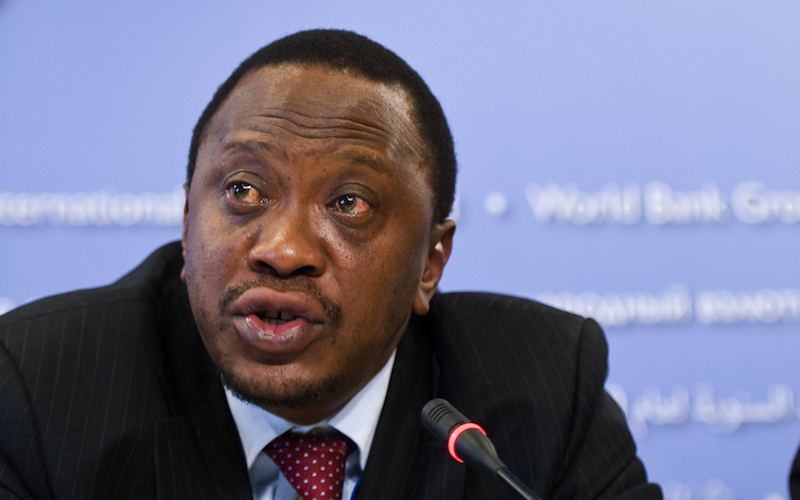
Kenya Elections: A Tribal Affair
Kenyans are bracing themselves for the August balloting, amid fears of yet another violent election. Famed for its scenic landscapes and vast wildlife preserves, this nation is no stranger to political turmoil. Kenya is grappling to maintain domestic harmony, as concerns of extra-judicial killings, ethnic polarization, and widespread strife prevail. With striking parallels to the 2007 ethnic-provoked violent elections that displaced over 600,000 people and cost the lives of over 1,000 people, memories among Kenyans are quickly surfacing, as many fear a repeat in bloodshed.
President Uhuru Kenyatta is seeking a second term and will be facing his political rival Raila Odinga, formally nominated on April 27th by a coalition of opposition parties who call themselves the National Super Alliance. Desperately trying to re-energize their depressed 2013 voting bloc, Kenyatta, a Kikuyu, and his vice president William Ruto, a Kalenjin, are counting on the votes of their tribes. Odinga has publicly declared that a win for him will guarantee that two ethnic groups, the Kikuyu and Kalenjin, do not continue to dominate political power in Kenya.
The reality is that this East African nation does not vote on issues, but rather on tribal affiliations- something both candidates have failed, perhaps intentionally, to address. Tribes compete against each other for power and resources. Kenya is home to 42 different ethnic groups. According to Kenya’s National Bureau of Statistics, the largest native ethnic groups are the Kikuyu (6.6 million), followed by the Luhya (5.3 million), the Kalenjin (5 million), the Luo (4 million) and the Kamba (3.9 million). As a result of their numerical advantage, the ‘big five’ tribes have influenced who is elected. Since its independence from Britain in 1963, Kenya has been governed by four presidents from two ethnic communities: the Kikuyu and the Kalenjin.
While the election is swayed in favor of the incumbent maintaining his grip on the presidency, Kenyatta and his entourage face an invigorated opposition, which has used the administration’s shortcomings as a rallying topic to an embittered audience. Since Kenyatta came to power in 2013, the country has been riddled with a string of corruption scandals that have depleted tens of millions of dollars from government treasuries, teachers, nurses and doctors strikes, and multiple deadly terrorist attacks.
Tribalism is the culprit of many of Kenya’s woes including corruption, ethnic clashes and underdevelopment. Efforts to crush the dragon of tribalism in Kenya have been numerous, but largely unsuccessful. In the aftermath of the 2007 post-election violence, the Truth, Justice and Reconciliation Commission was formed, which concluded that ethnic conflicts mainly derive from land and regional inequalities. According to the National Cohesion and Integration Commission, the solution is to encourage economic equality and opportunities for all, regardless of tribal affiliations.
This country, which grew at 5.9% last year, is an economic powerhouse for the East Africa region. However, the International Monetary Fund has already slashed its 2017 growth forecast for Kenya’s $69.2-billion economy from 6.1 percent to 5.3 percent, citing political instability. Advocacy groups like the Washington-based National Democratic Institute state the political environment in Kenya is “extremely polarized.”
Kenya is approaching a crossroads and depending on how the IEBC (the Independent Electoral and Boundaries Commission) conducts the election, may either preserve its delicate democracy or slide into yet another depressing post-election period where the most basic needs of the people of Kenya will be denied.

